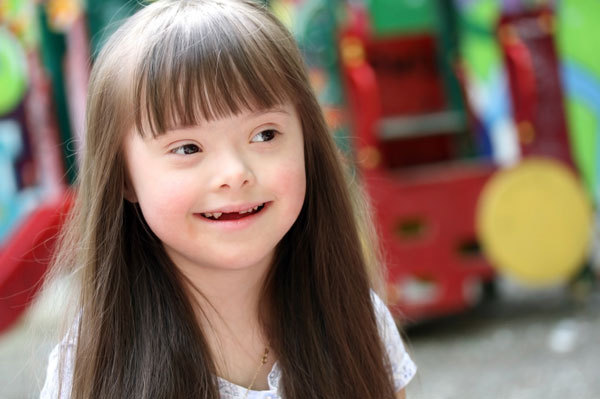Thousands of people with Down syndrome are missing from the United Kingdom.
It’s not that they never existed. They are missing because they were targeted and destroyed by abortions while they were still inside their mothers’ wombs. And now only about 40,000 people with Down syndrome are alive today in the UK, according to Breitbart.
Last week, the UK Department for Health and Social Care released its 2019 abortion report, documenting 209,519 abortions in England and Wales. That is the highest number in UK history – and it includes late-term unborn babies with Down syndrome and other disabilities.
Breitbart reports 27 women traveled from Ireland to have their unborn babies with Down syndrome aborted, up from 17 in 2018. And in the past decade, “the number of late term abortions carried out past 24 weeks gestation on UK children with Down syndrome have doubled,” the pro-life organization SPUC reported earlier this year.
The desolation caused by abortion is prompting action. Pro-life and disability rights advocates are working hard to raise awareness and end the discriminatory targeting of babies in the womb. They include actress Sally Phillips, whose son Ollie has Down syndrome.
“In the last ten years, the number of people terminating for Down syndrome has gone up by 40 percent,” Phillips said in 2016. “Now nine out of ten British women terminate when they receive a positive diagnosis.”
Follow LifeNews.com on Instagram for pro-life pictures and videos.
Here’s more from the report:
Allied to the organization “Don’t Screen Us Out,” Phillips has been pushing for a change to the 1967 Abortion Act to protect unborn children diagnosed with Down syndrome from being exterminated.
“Given advances in medical care and quality of life for people with Down’s syndrome, the different right to life is beginning to look not just dated but barbaric,” said Phillips, whose son Ollie has the condition.
Phillips hosted a 2016 BBC documentary titled, “A World Without Down Syndrome?” that questioned the justification for a controversial UK pregnancy screening program indicating the presence of Down syndrome in unborn babies.
The UK allows abortions for any reason up to 24 weeks of pregnancy. After that point, abortions are allowed if the mother’s health is at serious risk or the unborn baby has a severe fetal anomaly. However, “severe” is widely interpreted, and even late-term unborn babies with conditions like cleft lip can be aborted under the law.
Lynn Murray, a spokesperson for Don’t Screen Us Out, said it’s time to end this government-sanctioned inequality.
“We live in a society which proclaims that we want to empower those with disabilities, and that regardless of your background, you deserve a fair and equal chance at life. We believe that our laws must reflect this narrative,” Murray said earlier this year.
Disability rights advocate Heidi Crowter, who has Down syndrome, is challenging the British Abortion Act of 1967 in a lawsuit because it allows discriminatory late-term abortions on unborn babies with Down syndrome.
“At the moment in the UK, babies can be aborted right up to birth if they are considered to be ‘seriously handicapped,’” she said earlier this year. “They include me in that definition of being seriously handicapped — just because I have an extra chromosome.”
Down syndrome discrimination is a problem across the world. Several years ago, a CBS News report shocked the nation with its exposure of the discriminatory trend. According to the report, nearly 100 percent of unborn babies who test positive for Down syndrome are aborted in Iceland. The rate in France was 77 percent in 2015, 90 percent in the UK and 67 percent in the United States.
A number of American states have passed laws to ban discrimination against unborn babies with Down syndrome and other disabilities, but many of the laws are blocked by legal challenges from the abortion industry.








